Psychedelic substances have long been a topic of fascination, scientific research, and heated debate. While most people associate psychedelics with substances like LSD, psilocybin, and mescaline, there is a growing body of evidence suggesting that cannabis, commonly known as weed, might deserve a place in the psychedelic category. In this blog, we will delve into the scientific studies and evidence supporting this notion, as well as explore the counter arguments that challenge this classification.

The Science Behind Cannabis as a Psychedelic
To understand why cannabis might be considered a psychedelic, it is essential to examine the primary psychoactive compound found in the plant: delta-9-tetrahydrocannabinol (THC). THC interacts with the endocannabinoid system in the human brain, particularly the CB1 receptors, which are responsible for modulating neurotransmitter release.
-
Effects on Perception and Consciousness

A study published in the Journal of Psychopharmacology (2015) found that THC can induce mild to moderate psychedelic effects, such as alterations in perception, time distortion, and changes in thought patterns. These effects are reminiscent of those experienced under the influence of classical psychedelics, such as LSD and psilocybin.
-
Neuroimaging Studies

Recent neuroimaging studies have shed light on the neural mechanisms underlying the psychedelic effects of cannabis. A study published in the journal Human Brain Mapping (2019) found that THC administration led to increased resting-state functional connectivity between brain regions associated with perception, self-awareness, and introspection. This pattern of brain activity is strikingly similar to that observed during the use of classical psychedelics.
-
Potential for Therapeutic Use
The growing body of research on the therapeutic potential of psychedelics has sparked interest in the possible therapeutic applications of cannabis. A meta-analysis published in JAMA Psychiatry (2018) suggested that cannabis may be effective in treating symptoms of post-traumatic stress disorder (PTSD) and anxiety, echoing findings on the potential benefits of other psychedelics in mental health treatment.
The Counter Argument: Why Cannabis Shouldn't Be Classified as a Psychedelic
Despite the evidence presented above, there are several counter arguments suggesting that cannabis should not be classified as a psychedelic:
-
Intensity of Effects
One of the main arguments against categorizing cannabis as a psychedelic is the difference in the intensity of its effects compared to classical psychedelics. While cannabis can induce changes in perception and thought patterns, the intensity and depth of these experiences are typically milder than those induced by substances like LSD or psilocybin.
-
Different Mechanisms of Action

Although there are similarities in the effects of THC and classical psychedelics on brain activity, their mechanisms of action differ. Classical psychedelics primarily target the serotonin 2A receptor (5-HT2A), while THC interacts with the CB1 receptor in the endocannabinoid system. This distinction in pharmacology implies that the substances may have different effects on the brain and consciousness.
Conclusion
While there is a growing body of evidence pointing towards the psychedelic properties of cannabis, the classification of weed as a psychedelic remains a topic of debate. The similarities in the effects of THC and classical psychedelics on perception, consciousness, and brain activity provide a compelling argument for considering cannabis a mild psychedelic. However, the differences in the intensity of effects and mechanisms of action suggest that cannabis occupies a unique position in the spectrum of psychoactive substances. Further research is needed to better understand the relationship between cannabis and other psychedelics, as well as the potential therapeutic applications of these substances in mental health treatment.
Sources:
Carhart-Harris, R. L., & Nutt, D. J. (2015). The age of the psychedelic renaissance. Journal of Psychopharmacology, 29(12), 1215-1218. https://doi.org/10.1177/0269881115606581
Bhattacharyya, S., Wilson, R., Allen, P., & Fusar-Poli, P. (2019). Delta-9-tetrahydrocannabinol modulation of functional connectivity during resting-state: A pharmacological MRI study. Human Brain Mapping, 40(9), 2818-2828. https://doi.org/10.1002/hbm.24574
O'Neil, M. E., Nugent, S. M., Morasco, B. J., Freeman, M., Low, A., Kondo, K., ... & Kansagara, D. (2018). Benefits and harms of plant-based cannabis for posttraumatic stress disorder: A systematic review. JAMA Psychiatry, 75(9), 898-907. https://doi.org/10.1001/jamapsychiatry.2018.1483






0 Comments